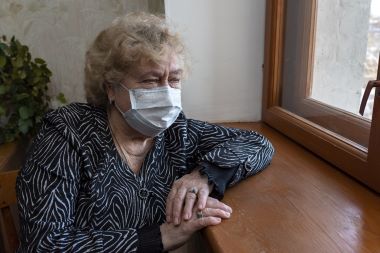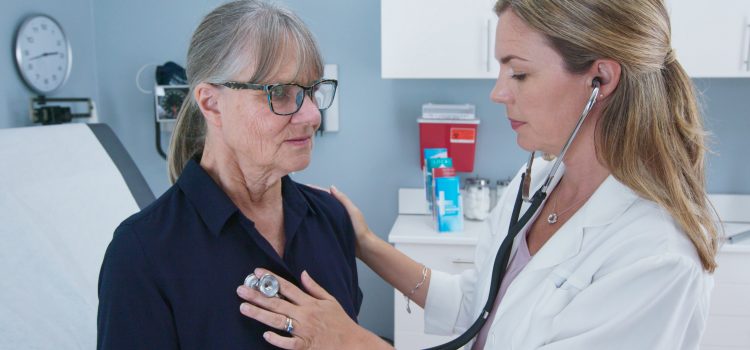By most accounts—and lots of data—infection rates, hospitalizations, and deaths related to SARS-CoV-2 have declined sufficiently to consider the pandemic over. Zoom in on that big picture, however, and you may find that the older segment of the U.S. population is still struggling with the virus on a grand scale. According to an article published by The New York Times, approximately 90% of January 2023 COVID-related deaths in the United States occurred among patients between …
Read More









